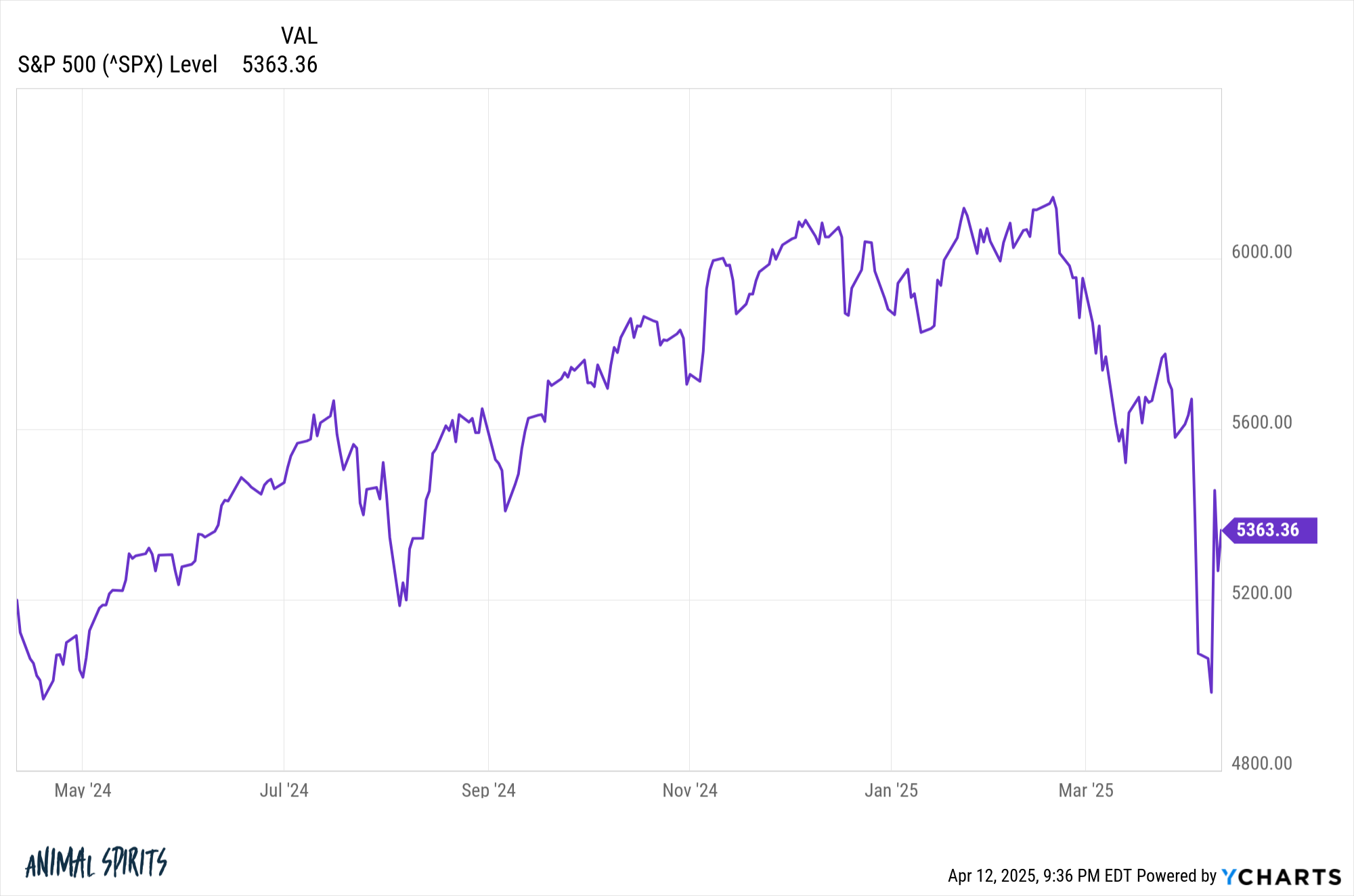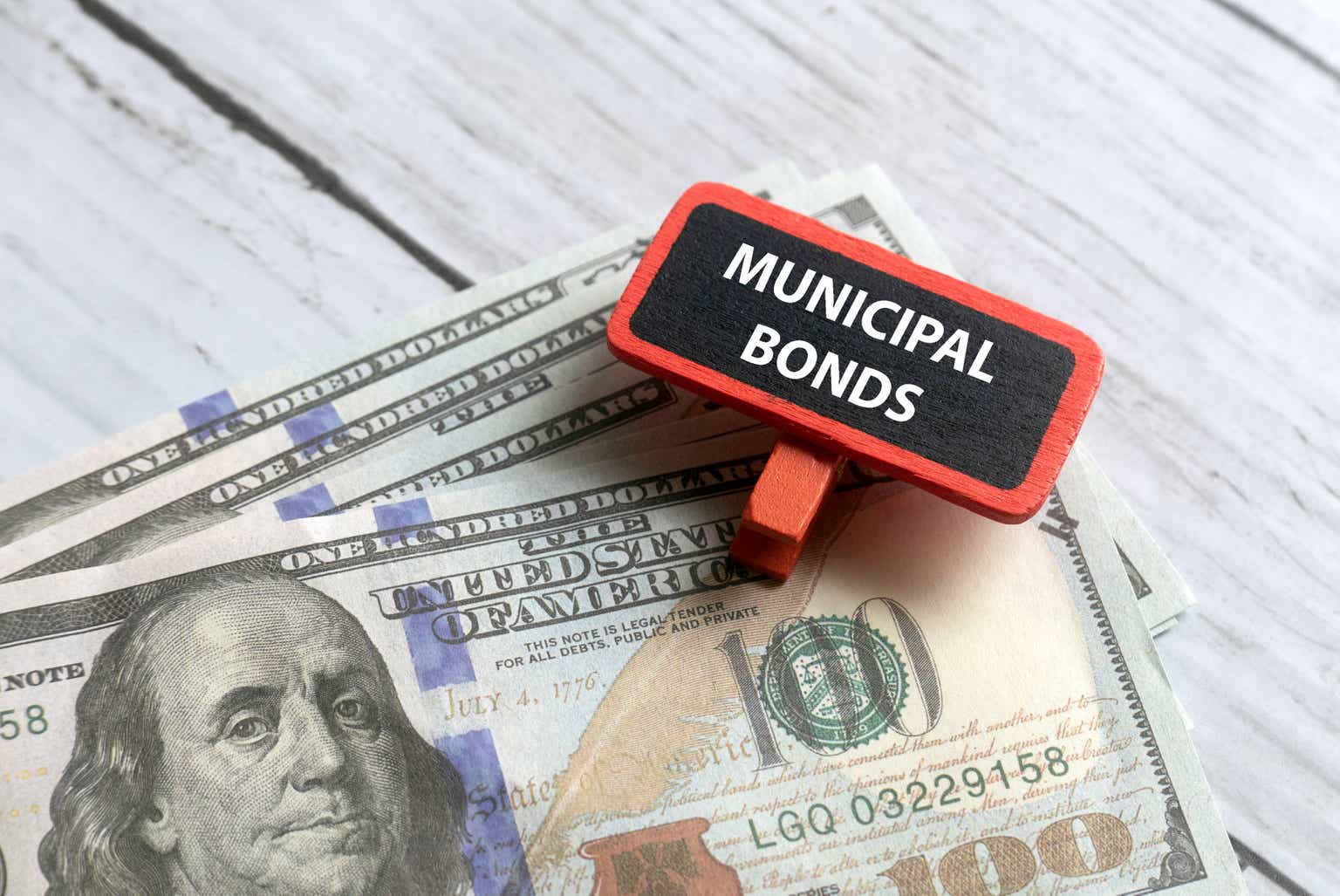I’m 53 with $3.7 million in gains on a single stock – should I sell it all and pay $800K in taxes?
One of the most important things to do to protect yourself from stock market volatility is maintain a diverse investment mix within your portfolio. That means not only owning shares of different types of stocks, but also, branching out so you own stocks across a range of industries. But if you don’t pay close […] The post I’m 53 with $3.7 million in gains on a single stock – should I sell it all and pay $800K in taxes? appeared first on 24/7 Wall St..

Key Points
-
Even though long-term capital gains are taxed more favorably than short-term gains, there’s a tax liability nonetheless.
-
Taking gains could be a smart thing when you’re overly loaded on a single stock.
-
Talk to a financial advisor about ways to minimize the tax hit.
-
Are you ahead, or behind on retirement? SmartAsset’s free tool can match you with a financial advisor in minutes to help you answer that today. Each advisor has been carefully vetted, and must act in your best interests. Don’t waste another minute; get started by clicking here here.(Sponsor)
One of the most important things to do to protect yourself from stock market volatility is maintain a diverse investment mix within your portfolio. That means not only owning shares of different types of stocks, but also, branching out so you own stocks across a range of industries.
But if you don’t pay close attention, you could end up in a situation like this Reddit poster in is. They’re 53 years old with a single stock position that’s resulted in $3.7 million in gains. And they’re wondering what their next move should be.
They could unload the entire position and pay the capital gains taxes. Or, they could keep part of the position and unload the rest. That would result in a lower immediate tax bill – but perhaps still too large a concentration in this single company.
Now it can be argued that this is a good problem for the poster to have. Many people don’t have $3.7 in assets, let alone that sort of gain from a single stock. But they need to consider their options carefully.
Long-term capital gains don’t solve everything
One thing the poster here has going for them is that they’re looking at long-term capital gains on their large stock position. Even in the highest income bracket, long-term capital gains produce a 20% tax liability, which is preferable to the tax rate for short-term capital gains (which apply to assets held for a year or less).
But a 20% tax bill on a $3.7 million gain is still a lot of money. So it’s not something the poster should rush into.
On the other hand, the fact that they have a gain that large from a single stock leads me to believe that their portfolio isn’t nearly as diversified as it should be. And that’s pretty alarming.
For this reason, I would suggest that the poster seek to unload at least a portion of that $3.7 million gain. But they should do so strategically.
The poster here needs help no matter what
I’m not sure how it came to be that this poster wound up with a $3.7 million gain from a single stock. But I find it concerning for a few reasons.
First, that’s generally too large a position in a single stock. And I can’t help but wonder how the rest of their portfolio is invested.
Secondly, they’re 53, which means retirement may not be so far off, depending on their plans. So I’d love to see them maintain a more diversified asset mix.
But all told, this is a complex decision that could have serious tax implications. So I think it’s imperative that this poster consult a financial advisor for their input.
One thing a financial advisor can do is figure out how to unload this stock strategically. They may, for example, be able to work with the poster to sell off other assets in their portfolio at a loss to help offset this extremely large gain. They can also work with the poster on strategic timing to minimize the overall tax hit.
Just as importantly, it seems like this person’s portfolio needs a serious outside review. It’s a good time for a financial professional to come in and have a look, since the poster is only inching closer to retirement at this point.
The post I’m 53 with $3.7 million in gains on a single stock – should I sell it all and pay $800K in taxes? appeared first on 24/7 Wall St..


































































































































































